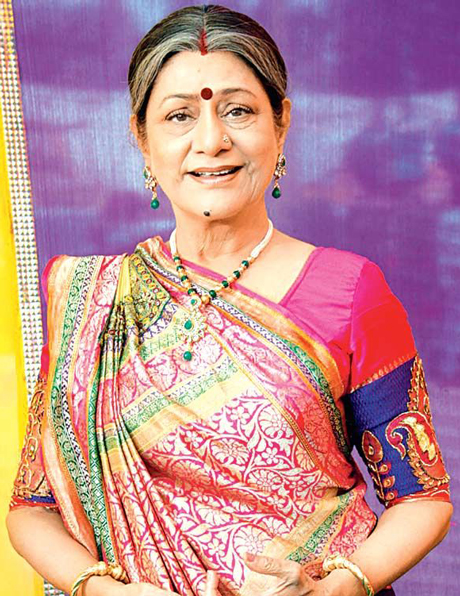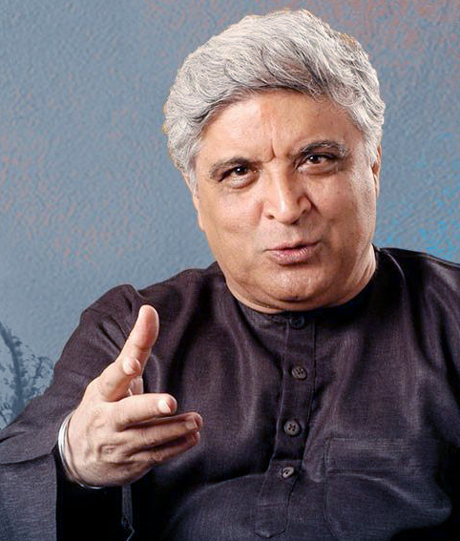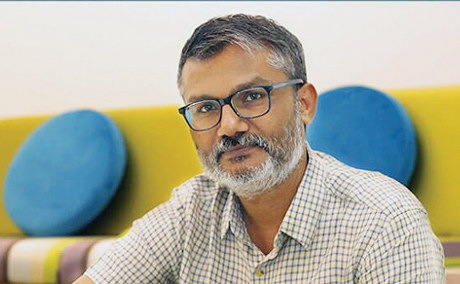Bollywood Masala Mix
- Aruna Irani

By Atul Mishra
In tinsel town, love affairs and relationships are pretty common and it’s not a new trend. From veteran celebrities in their old days to the younger generation of today, every Bollywood star has been linked up with one or multiple partners. While we know everything about the professional life of our favourite celebs, we often tend to not go deep inside their personal lives if it isn’t making the headlines.
Such is also the case with veteran actress, Aruna Irani. Presently she is married to film director, writer and editor, Kuku Kohli. But during her younger days, she was in a relationship with the legendary actor, Mehmood.
Aruna Irani was born on August 18, 1946, in a family of film people. Her father was a renowned stage actor and her mother, a film actress. She had to give up her studies when she was in the sixth standard as her father didn’t have enough money to educate his children. Aruna Irani’s life is truly a ‘rags to riches’ story. Once, talking to Filmfare, she was quoted as saying:
“English was taught from the fourth standard and by the time I reached the sixth, I was out of school. If anyone asked me ‘What’s your name?’ I’d reply, ‘My name is Aroona.’ Then I heard people just reply with their name. My desire to learn helped me. I bought a small Oxford dictionary for (R)3.75. It was English to Hindi and Hindi to English. When someone said ‘butter’ I’d check the spelling and realise it was spelt butter and not ‘butar’”.
Aruna Irani first acted as a child artist in the 1961 film, Ganga Jamuna after she was discovered by Dilip Kumar. Post that, there was no looking back for her. She went on to act in more than 300 films in Hindi, Marathi and Gujarati cinema.
After numerous films, Aruna Irani had made a name for herself in the Hindi film industry. And her work took so much of her time that she never thought of marriage until the age of 40. In an interview, she had once said:
“I was over 40 when I met Kukuji (director Kuku Kohli). He was the director of one of my films. A spark was lit. I did try to settle with someone else but he wouldn’t let me. To be honest, I was attached to Kukuji too”.
Aruna was well aware of the fact that Kuku Kohli was a married man with children. But she made peace with that. The couple got married in the year 1960. She consciously decided to never have any kids in her marital life. Talking about the same, she once confided to Filmfare:
“When I see my nephews and nieces today, I’m glad I have no children. If a visitor comes to the house and my child didn’t greet them or kept lolling on the sofa, as today’s children do, I would be upset. Their attitude is, ‘So what?’
“God is great. A dear friend Dr Ajay Kothari made me see reason and helped me make up my mind. He said, ‘It’s fine that you got married, you need companionship but the generation gap between a child and you would be too much to handle’. I believe he was right. My child and I would have suffocated each other”.
For a successful actress in the Hindi film industry, being around men was and still is no surprise. She acknowledges herself that she met quite a few good men in her life and recalled in an interview with Filmfare later:
“They were good men, I made mistakes but it’s all in the past now. Maybe they weren’t worthy of me or I wasn’t worthy of them, who knows?”
But on being probed further, she accepts the importance and special place that actor-producer-director, Mehmood had in her life. She revealed:
“Yes I was friendly with him. In fact, I was over friendly with him. You can term it infatuation, friendship or whatever. But we were never married. Nor were we in love. If we had been, our relationship would have continued. Love never ends, it’s forever. As I said, I’ve waved the past goodbye”.
In fact, her over-friendliness with Mehmood could have been a good reason for a dip in her career. She retorted once:
“People misconstrued our relationship and may have had the impression we were married. They believed he wouldn’t let me work. We did many films together and shared a good chemistry. Besides, I was at an age when attractions happen. I got carried away. People were talking and we were being written about. I never issued a clarification. I assumed the media would come to me for my side of the story. I regret not speaking up then. My silence harmed my career”.
asks Javed Akhtar

Akhtar spoke about the evolution of screenplays in Hindi films at the launch of film critic Khalid Mohamed’s debut novel, The Aladia Sisters on Monday evening last week. The screenwriter said he is sad that today’s film directors are rejecting songs.
“An average Hindi film’s screenplay is nearer to a novel than a short story. Now the new cinema that’s developing is gradually going towards short story and is rejecting the songs. So the epic-like quality is gradually going out of Indian cinema and I am very sad about it. In our indigenous cinema, the way we have used melodrama, look at masters like Guru Dutt, Bimal Roy, Raj Kapoor, Vijay Anand, and how they have used songs.
“Why has it started to embarrass new directors I don’t know. Tomorrow some Japanese will get embarrassed about Kabuki? Or Italians will get embarrassed by Italian opera? They say ‘it’s not real’ but who says art should be real?” he said.
The event was also attended by filmmaker Karan Johar, Anil Kapoor and Asha Parekh, who have been close to Mohamed for a long time now. The Aladia Sisters is a story of six sisters from a patriarchal Muslim family, investigated by a journalist.

In his seven years in the movie industry, Nitesh has already directed Bollywood biggies including Amitabh Bachchan, Aamir Khan, Swara Bhaskar, Ranveer Singh, Rajkummar Rao, Govinda, and Sushant Singh Rajput among others in blockbuster Hindi movies like Bhoothnath Returns, Dangal and Nill Bate Sannata – all with unusual storylines.
His Aamir Khan starrer Dangal, which is based on the story of two wrestler sisters, became the 33rd film to make one billion RMB in China ($146 million).
“I am so happy to see that there is audience for all kinds of cinema in India today and I am even happier that content-driven cinema is gaining acceptance at such a large scale. Not just watching, viewers today are consuming movie stories,” new-age films Director Nitesh told Sputnik.
His last project Chhichore released in September made Rs.100 crore (approx. $14 million) at the box office in India.
Created on a limited budget, the movie revolved around a group of college friends who re-unite in middle-age to help a teenager recover from a suicide attempt triggered by college entrance results.
However, some of the twitterati targeted the movie for its use of harsh language and cuss words.
Nitesh said that keeping day-to-day slang in his movies has become his regular practice since it helps people relate to what is being shown.
“I personally do not see anything wrong with using strong language in stories inspired by reality. For movies with abusive content, we have a censor board to make sure that the content is exposed only to a certain audience.”
After directing fresh scripts, Nitesh’s next big budget project is a trilogy based on the Hindu mythological epic Ramayana – a religiously sensitive story that has been running as TV shows and animated movies for years in India.
“I believe kids need to learn more about ‘Ramayana’. People have forgotten the values of the scripture. Also, there is so much that can be created now to show the greatest tale of our country in 3D. It’s exciting!” Nitesh explained.
In 2018, Indian film director Sanjay Leela Bhansali directed Deepika Padukone, Ranveer Singh and Shahid Kapoor in an epic period drama movie – Padmavat – loosely based on historical events.
Before the release of Padmavat, certain religious groups initiated violent protests against accepting any kind of “cinematography liberty” on the story.
The director was assaulted, while the actors received death threats.
Nitesh said for movies based on specific true or mythological events, writers and directors need to foresee possible reactions which may trigger controversies.
“We are not looking to re-invent or re-do something that is so deeply engraved in our lives already. We would not want to involve any kind of risk-involving ‘creative liberty’ in terms of story-telling,” the director noted.
Nitesh denied rumours that Ramayana Bollywood’s green-eyed heartthrob Hrithik Roshan is to play the central character “Ram” in the movie.
“What Hrithik said was that he was very fascinated by the character of Ram," the director clarified.
According to rumours on social media, Padmavat actress Deepika Padukone has been approached to play the female lead in Ramayana – the character of “Sita” along with superstar Prabhas who has allegedly been approached to play the villain “Ravana” in the trilogy.